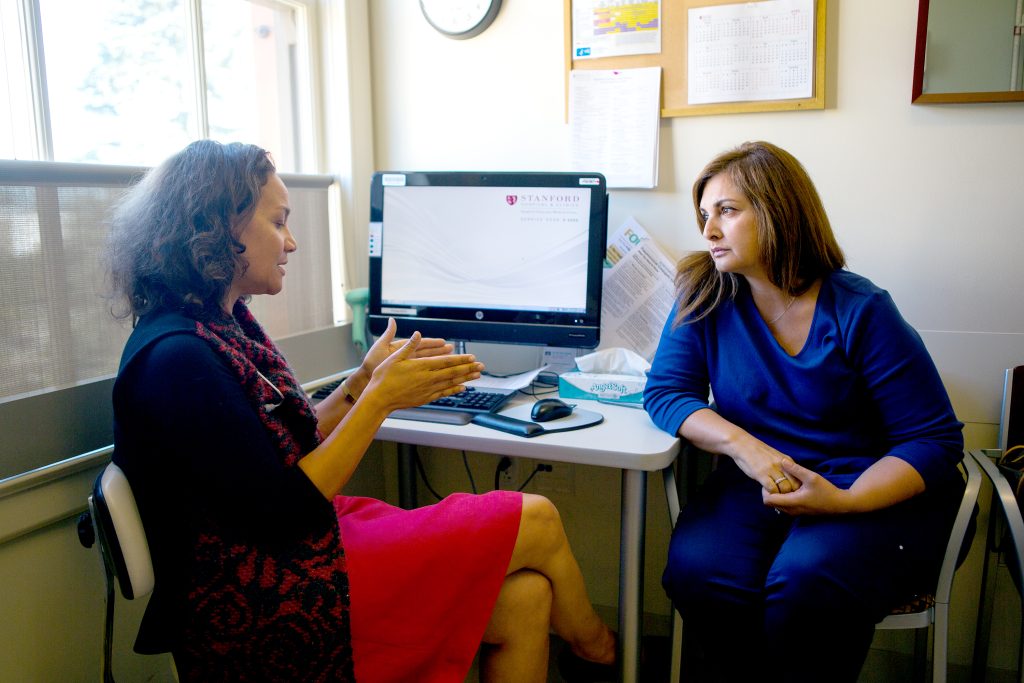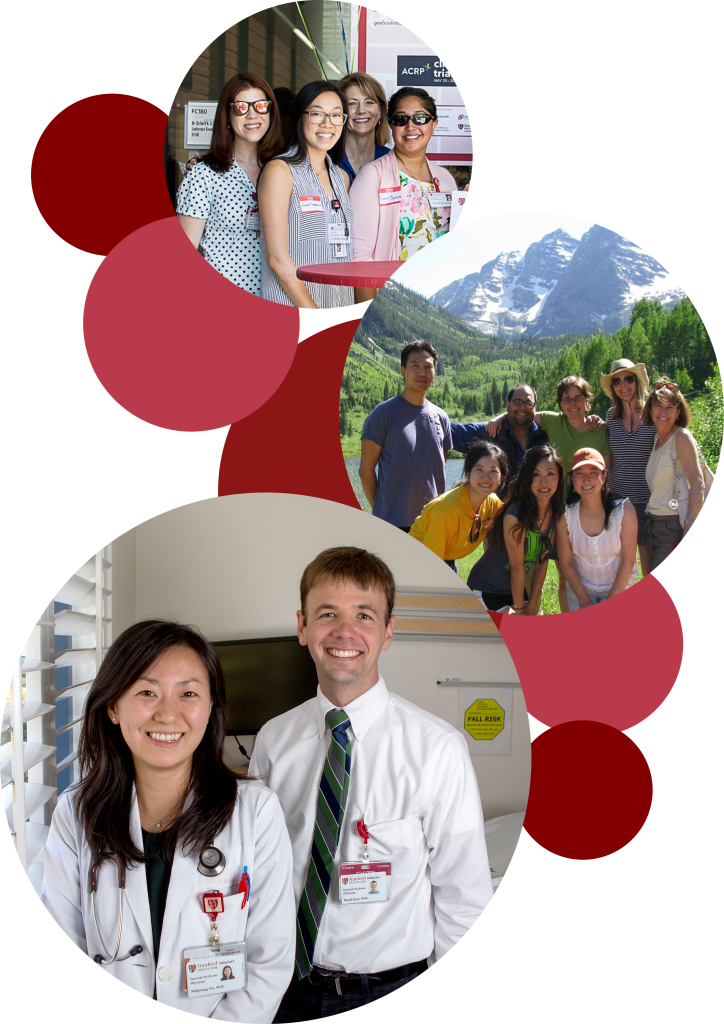Stanford
Recover
Initiative

Stanford RECOVER
Researching COVID to Enhance Recovery (RECOVER) is a four-year initiative funded by the National Institutes of Health (NIH) to study the long-term effects of COVID-19 with a goal of preventing and treating the syndrome. Approximately 10% to 20% of people who have had a SARS-CoV-2 infection (the virus that causes COVID-19) experience lingering effects for months after their initial infection. This condition, known as Long COVID, can be debilitating and affect quality of life of millions of people.
Our Mission
Stanford Medicine is one of 30 research teams around the country participating in the RECOVER initiative. As an enrolling site for the study, Stanford Medicine is seeking to better understand the incidence, prevalence, and functional changes associated with Long COVID to learn why some people experience faster and fuller recovery than others.
Study Participants Needed!
Enrollment for RECOVER’s Observational Cohort has closed. Stanford has enrolled over 500 volunteers in the RECOVER trial since our launch in December 2021.
Enrollment for two RECOVER-sponsored clinical trials is currently open:

Our Collaborative Approach
Using a team science approach, Stanford’s RECOVER research team is a collaboration between these groups in the Department of Medicine:
- Infectious Diseases
- Hospital Medicine
- Center for Population Health Sciences
- Stanford Center for Clinical Research
The research team also relies on important contributions from the Department of Emergency Medicine, Department of Pediatrics, the Clinical and Translational Research Unit (CTRU), and the Innovative Medicines Accelerator (IMA).
Principal investigators include:
- Upinder Singh, MD, professor of infectious diseases & geographical medicine and of microbiology and immunology
- PJ Utz, MD, PhD, professor of immunology and rheumatology
- Catherine Blish, MD, PhD, professor of infectious diseases
- Yvonne Maldonado, MD, professor of pediatric infectious disease and of epidemiology and population health, as well as the Taube Professor of Global Health and Infectious Diseases




